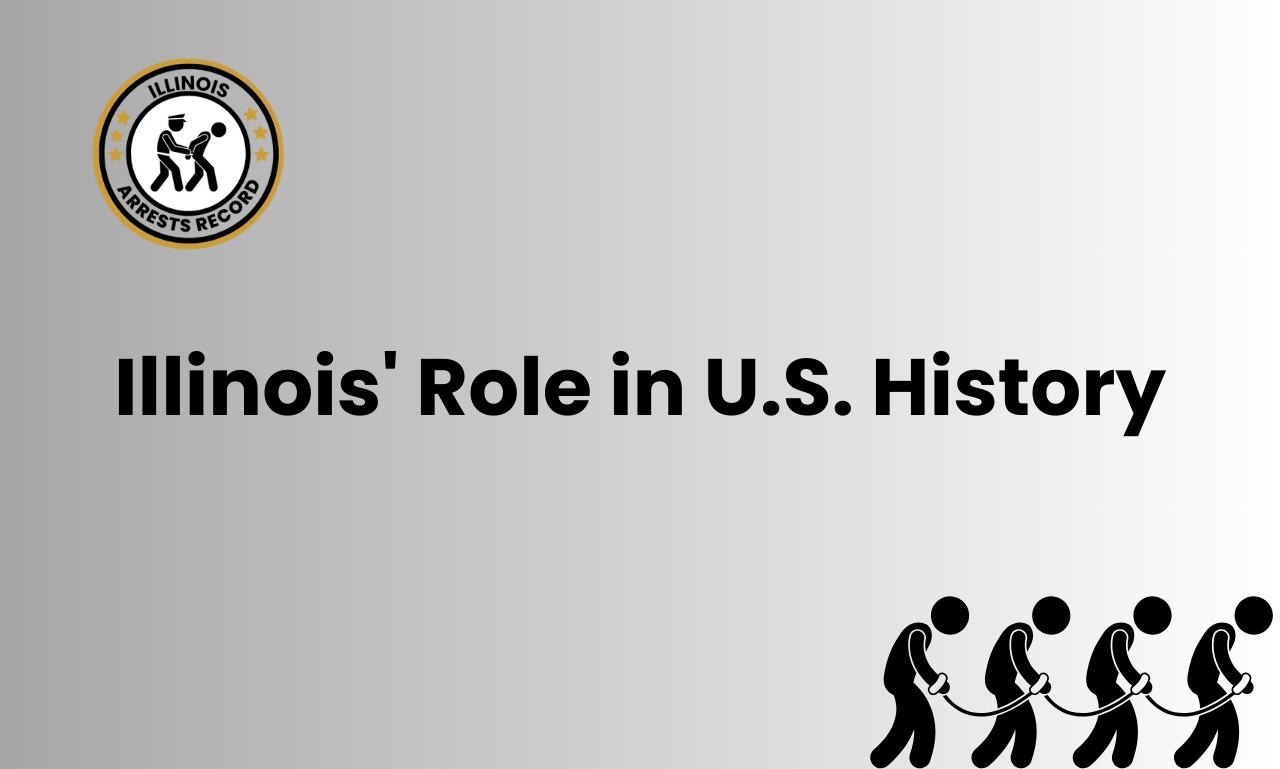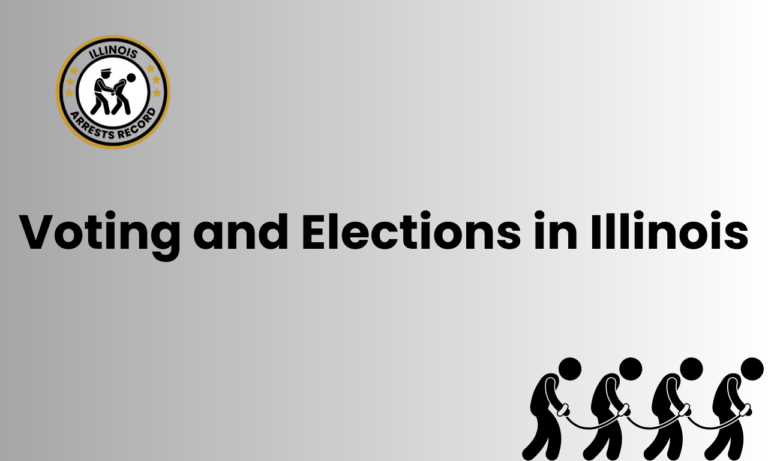Illinois’ Role in U.S. History
Illinois, a state nestled in the heart of the Midwest, has played a significant role in shaping the history of the United States. From its early days as a territory to its current status as the fifth most populous state, Illinois has been a witness and participant in key historical events that have shaped our nation.
One of the most notable contributions of Illinois to U.S. history is its role in the development of the American labor movement. The state was a hotbed of labor activism, with the infamous Haymarket Affair in Chicago in 1886 being a pivotal moment. This event, marked by a labor protest turned violent, led to the establishment of International Workers’ Day and had a lasting impact on the fight for workers’ rights.
Rise of Labor Unions in Illinois
Throughout the late 19th and early 20th centuries, Illinois became a hotbed for labor activism and the growth of labor unions. The state’s industrialization and rapid urbanization created a fertile ground for workers to come together and fight for their rights.
Pullman Strike and the Birth of the American Railway Union
One of the most significant events in the labor history of Illinois was the Pullman Strike of 1894. The Pullman Palace Car Company, based in Chicago, manufactured luxury railway cars and employed thousands of workers. However, these workers faced harsh working conditions and low wages.
Led by Eugene V. Debs, the workers organized a strike to protest these injustices. The strike quickly gained support, and the American Railway Union (ARU) was formed, becoming one of the first industrial unions in the United States.
Impact of the Pullman Strike
The Pullman Strike had a profound impact on the labor movement in Illinois and the nation as a whole. The strike paralyzed the railroad industry, leading to a nationwide crisis. It also highlighted the power of collective bargaining and the need for workers’ rights.
Ultimately, the strike was suppressed by federal troops, and many union leaders, including Debs, were arrested. However, the Pullman Strike paved the way for future labor movements and helped shape the fight for fair working conditions in the United States.
Formation of the American Federation of Labor (AFL)
In the aftermath of the Pullman Strike, labor leaders realized the need for a unified and organized labor movement. This led to the formation of the American Federation of Labor (AFL) in 1886.
The AFL, under the leadership of Samuel Gompers, focused on organizing skilled workers and negotiating with employers for better wages, shorter hours, and improved working conditions. It became one of the most influential labor organizations in the country.
Illinois’ Role in the AFL
Illinois played a crucial role in the growth and success of the AFL. The state’s industrial centers, such as Chicago and East St. Louis, were key battlegrounds for labor struggles and organizing efforts.
Illinois unions, affiliated with the AFL, fought for better conditions in various industries, including manufacturing, mining, and transportation. They played a pivotal role in securing important labor reforms, such as the eight-hour workday and improved safety regulations.
Legacy of the Labor Movement in Illinois
The labor movement in Illinois has left a lasting legacy that continues to shape the state and the nation. It has paved the way for workers’ rights, fair wages, and safer working conditions.
Today, Illinois remains an important hub for labor activism, with numerous unions advocating for workers’ rights across industries. The state’s rich history serves as a reminder of the power of collective action and the ongoing fight for social and economic justice.
FAQ’s
Illinois has played a significant role in shaping the history of the United States. From its early days as a territory to its current status as the fifth most populous state, Illinois has been a witness and participant in key historical events that have shaped our nation.
One of the most notable contributions of Illinois to U.S. history is its role in the development of the American labor movement. The state was a hotbed of labor activism, with the infamous Haymarket Affair in Chicago in 1886 being a pivotal moment. This event, marked by a labor protest turned violent, led to the establishment of International Workers’ Day and had a lasting impact on the fight for workers’ rights.
What is the significance of the Haymarket Affair?
The Haymarket Affair was a significant event in Illinois’ history and the American labor movement. It was a labor protest that took place in Chicago in 1886 and turned violent when a bomb exploded, resulting in casualties. The aftermath of the Haymarket Affair led to the establishment of International Workers’ Day and had a lasting impact on the fight for workers’ rights.
What is International Workers’ Day?
International Workers’ Day, also known as Labor Day or May Day, is an annual holiday celebrated on May 1st. It originated as a result of the Haymarket Affair in Chicago in 1886 and serves as a day to honor the contributions and achievements of workers worldwide. It is a time to advocate for workers’ rights and to commemorate the struggles and victories of the labor movement.
Illinois’ role in the labor movement, particularly through the events surrounding the Haymarket Affair, has had a significant impact on the fight for workers’ rights in the United States. The establishment of International Workers’ Day and the attention brought to workers’ issues have contributed to the advancement of labor laws and improved working conditions across the nation. Illinois’ history of labor activism continues to inspire and empower workers in their pursuit of fair treatment and rights.







